Inclusion of POSH in NCMT Syllabus is Important for Early Sensitisation Among Industry Professionals: HAI
Hotel Association of India (HAI), the apex body of the Indian Hospitality has been focusing on raising Industry standards. In addition HAI members take a lead when it comes to social issues like sustainability, inclusion, community engagement and concern for the society at large. These issues are raised in several forums and also highlighted in all possible ways- through the media, the body's newsletter, magazine etc. During the recently concluded fifth edition of the Association's signature event namely HAI Hoteliers' Conclave, there was a full session dedicated to ESG. Another key session "View from the top - LeaderSpeak" in which Secretary (Tourism) Government of India delivered a keynote address, also saw the raising of the concern regarding the safety of women in the Industry. A participant suggested that it would be a good idea to introduce POSH in the curriculum of hospitality institutes that fall under the National Council of Hotel Management and Catering Technology (NHMCT). Secretary (T) Shri Arvind Singh responded quickly and positively to the suggestion. After the Event, HAI also sent a formal representation to the Ministry recommending that POSH be a part of the curriculum in hospitality institutes - Central IHMs, State IHMs and Food Craft Institutes (FCIs) established across the country with the government's support. The Industry body has specifically recommended the inclusion of the following: a) Vishakha Guidelines; b) The Sexual Harassment of Women at Workplace (Prevention, Prohibition and Redressal) Act, 2013; c) Safe & Honourable Tourism Guidelines of the Ministry of Tourism Globally, the COVID-19 pandemic led to absence of viable job options with women being the first and easy victims. Those already struggling financially during the economic crisis became more vulnerable to workplace harassment. Lack of awareness of the rules regarding workplace equality and safety is the core reason of why workplace harassment is rarely reported and addressed. Mr. M.P. Bezbaruah, Secretary General, Hotel Association of India (HAI) said, "A huge amount of resources have been channelised towards promoting ethical and safe tourism in the country. The ministry not only formulated guidelines for safe and ethical conduct by tourism and hospitality stakeholders but also led campaigns like. 'I respect women' among tourism service providers. Introduction of POSH in the curriculum of hotel schools as suggested by HAI can be another initiative in this direction in which the ministry can take lead." Tourism and Hospitality employ women across all levels. An early education, especially before entering the workforce will go a long way towards preventing sexual harassment and discrimination. The knowledge of POSH related laws, rules and standards will sensitise those aspiring to have a career in the hospitality industry , enabling them to not only protect themselves as emerging professionals but also in creating an inclusive and secure environment at the workplace as they progress to take on leadership roles.

Hotel Association of India (HAI), the apex body of the Indian Hospitality has been focusing on raising Industry standards. In addition HAI members take a lead when it comes to social issues like sustainability, inclusion, community engagement and concern for the society at large. These issues are raised in several forums and also highlighted in all possible ways- through the media, the body's newsletter, magazine etc.
During the recently concluded fifth edition of the Association's signature event namely HAI Hoteliers' Conclave, there was a full session dedicated to ESG. Another key session "View from the top - LeaderSpeak" in which Secretary (Tourism) Government of India delivered a keynote address, also saw the raising of the concern regarding the safety of women in the Industry. A participant suggested that it would be a good idea to introduce POSH in the curriculum of hospitality institutes that fall under the National Council of Hotel Management and Catering Technology (NHMCT). Secretary (T) Shri Arvind Singh responded quickly and positively to the suggestion.
After the Event, HAI also sent a formal representation to the Ministry recommending that POSH be a part of the curriculum in hospitality institutes - Central IHMs, State IHMs and Food Craft Institutes (FCIs) established across the country with the government's support. The Industry body has specifically recommended the inclusion of the following:
a) Vishakha Guidelines;
b) The Sexual Harassment of Women at Workplace (Prevention, Prohibition and Redressal) Act, 2013;
c) Safe & Honourable Tourism Guidelines of the Ministry of Tourism
Globally, the COVID-19 pandemic led to absence of viable job options with women being the first and easy victims. Those already struggling financially during the economic crisis became more vulnerable to workplace harassment. Lack of awareness of the rules regarding workplace equality and safety is the core reason of why workplace harassment is rarely reported and addressed.
Mr. M.P. Bezbaruah, Secretary General, Hotel Association of India (HAI) said, "A huge amount of resources have been channelised towards promoting ethical and safe tourism in the country. The ministry not only formulated guidelines for safe and ethical conduct by tourism and hospitality stakeholders but also led campaigns like. 'I respect women' among tourism service providers. Introduction of POSH in the curriculum of hotel schools as suggested by HAI can be another initiative in this direction in which the ministry can take lead."
Tourism and Hospitality employ women across all levels. An early education, especially before entering the workforce will go a long way towards preventing sexual harassment and discrimination. The knowledge of POSH related laws, rules and standards will sensitise those aspiring to have a career in the hospitality industry , enabling them to not only protect themselves as emerging professionals but also in creating an inclusive and secure environment at the workplace as they progress to take on leadership roles.
![]()
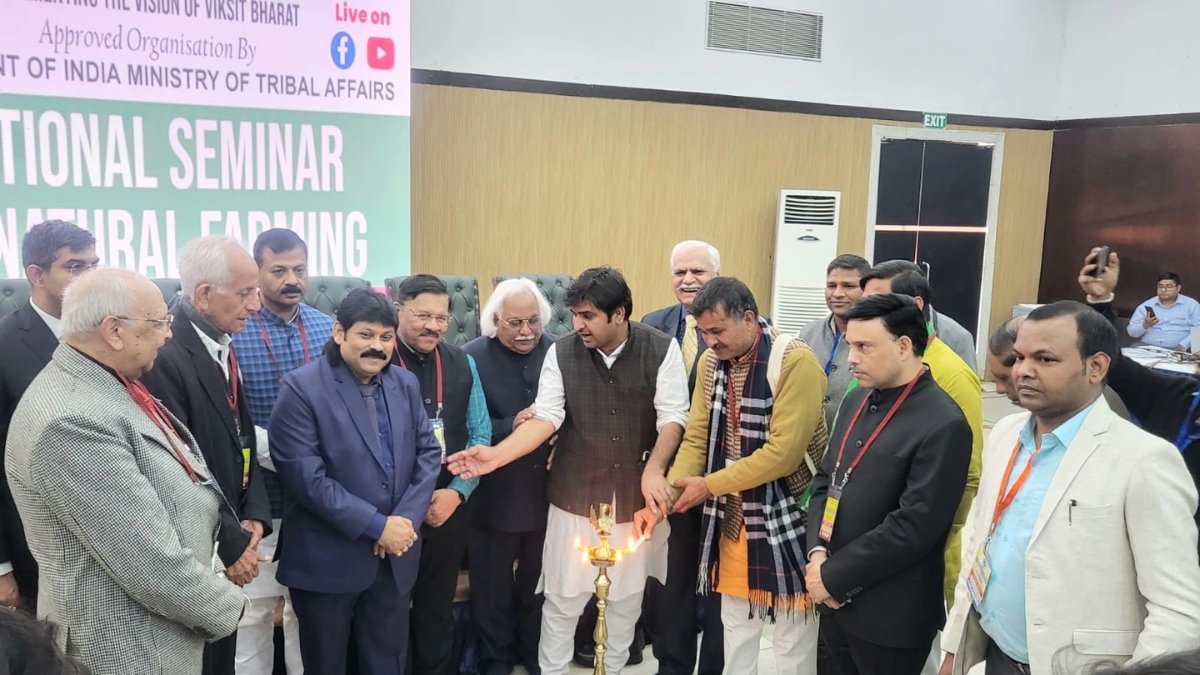

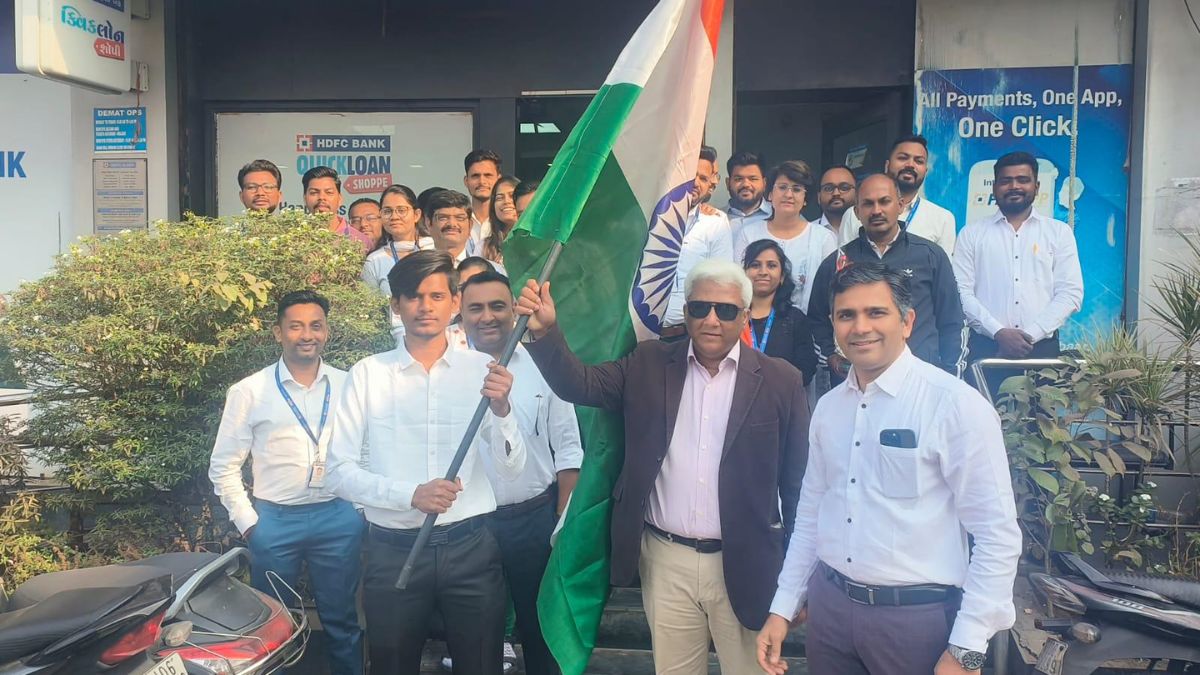







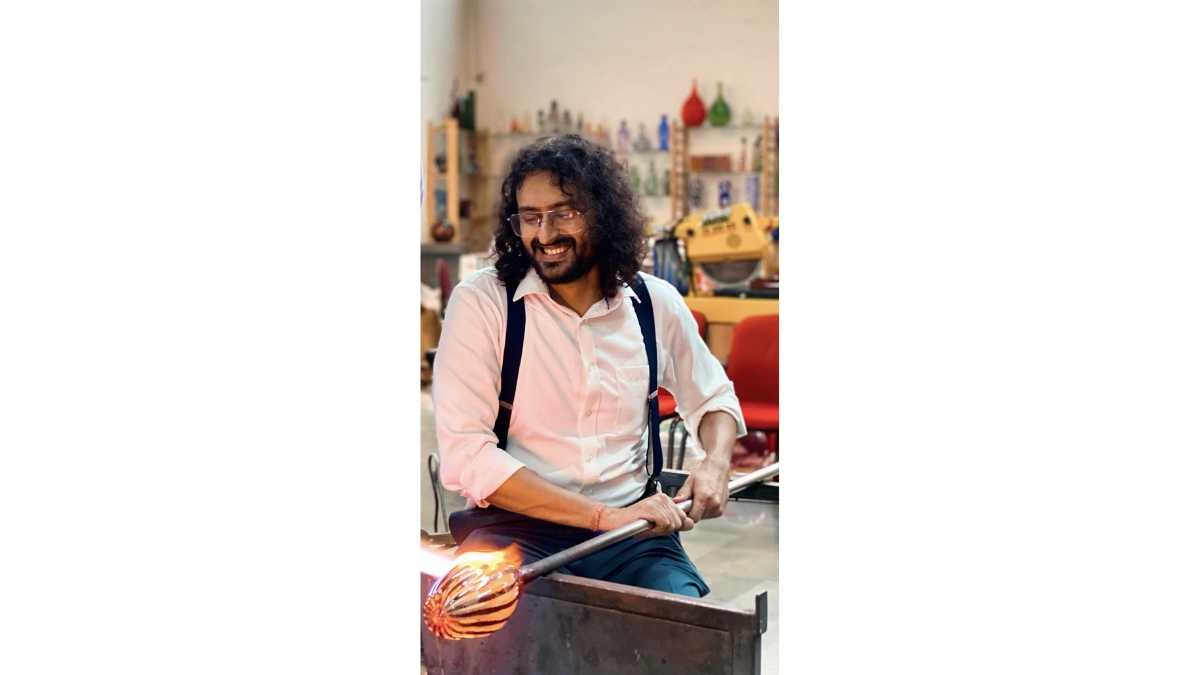






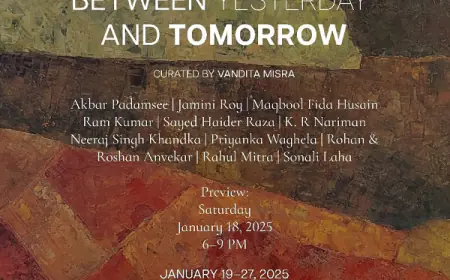







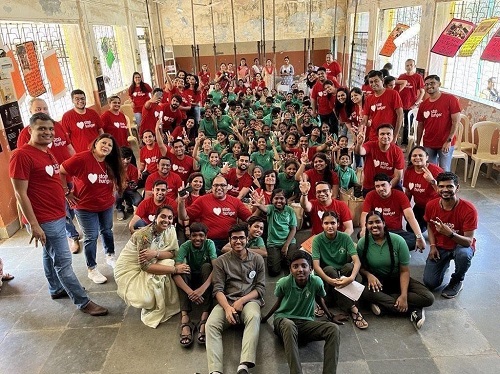
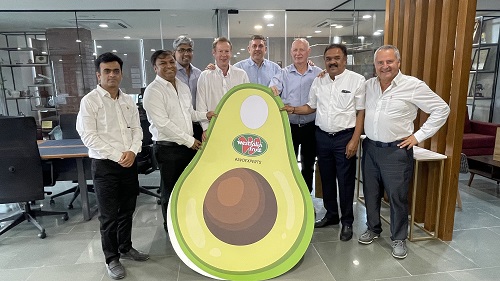




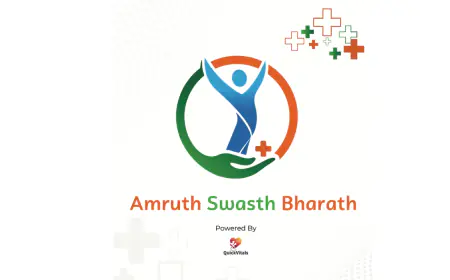

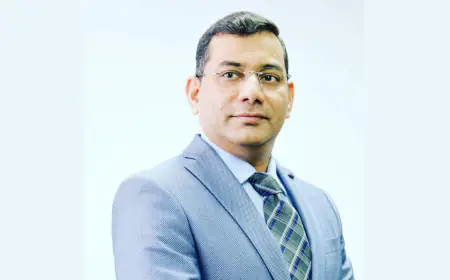




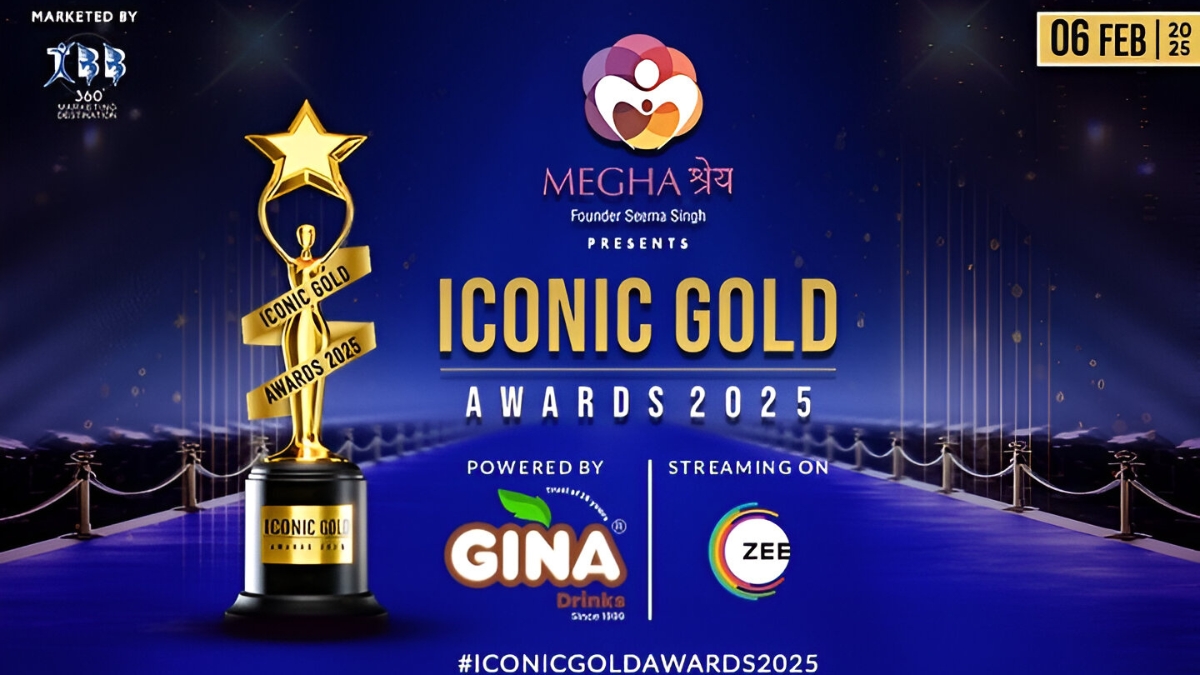



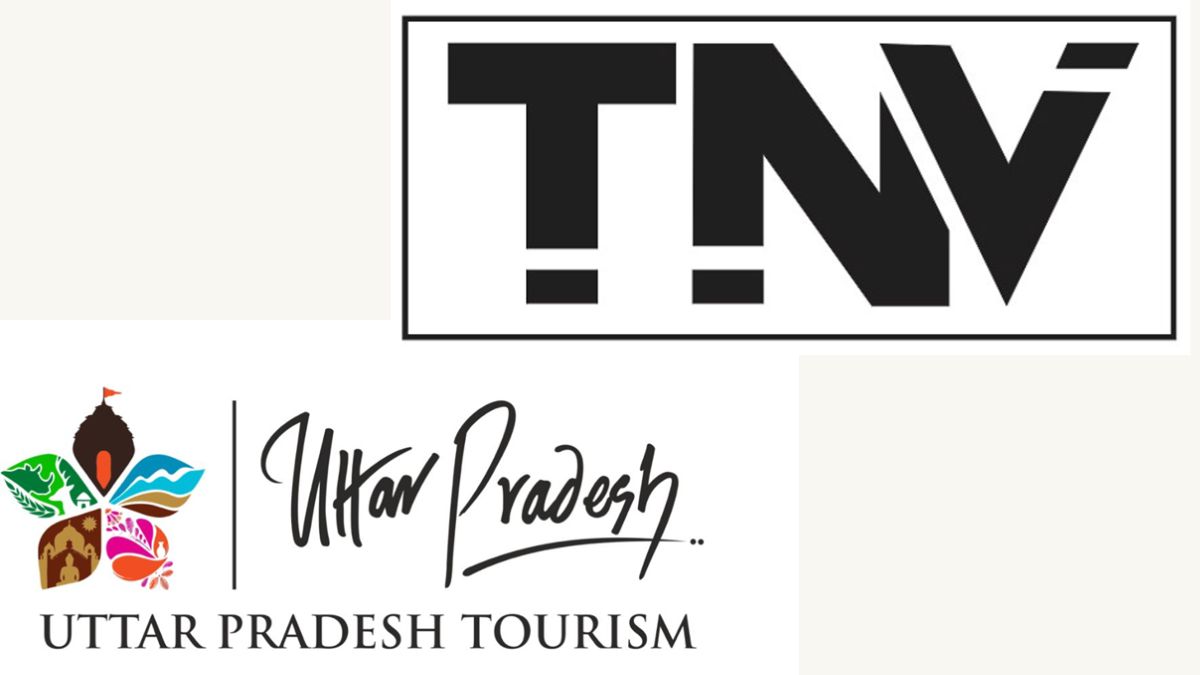










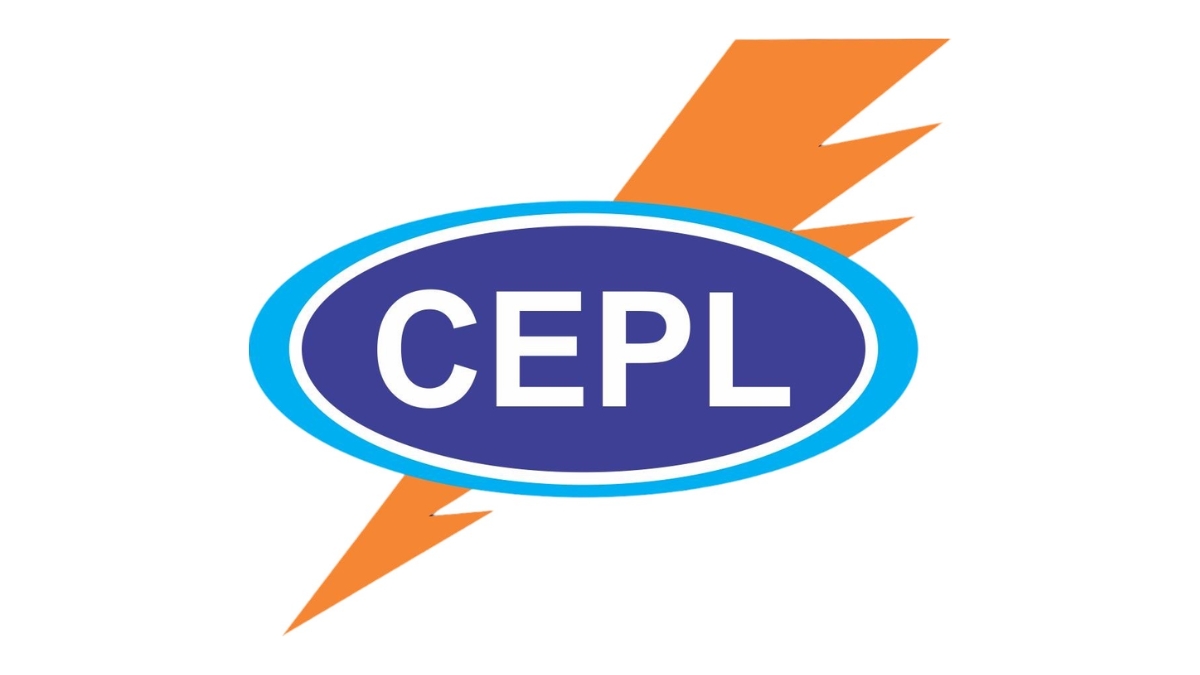
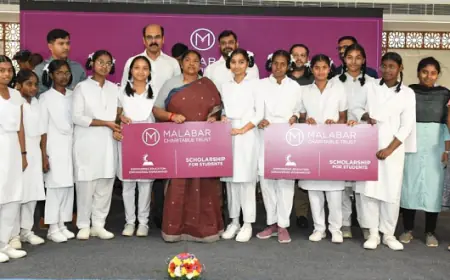









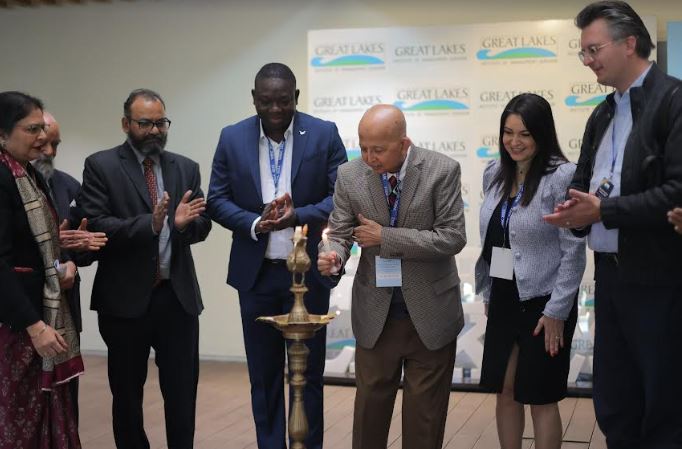
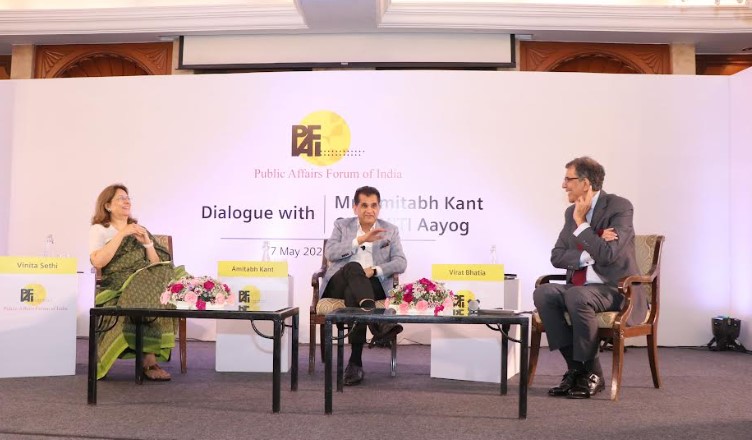

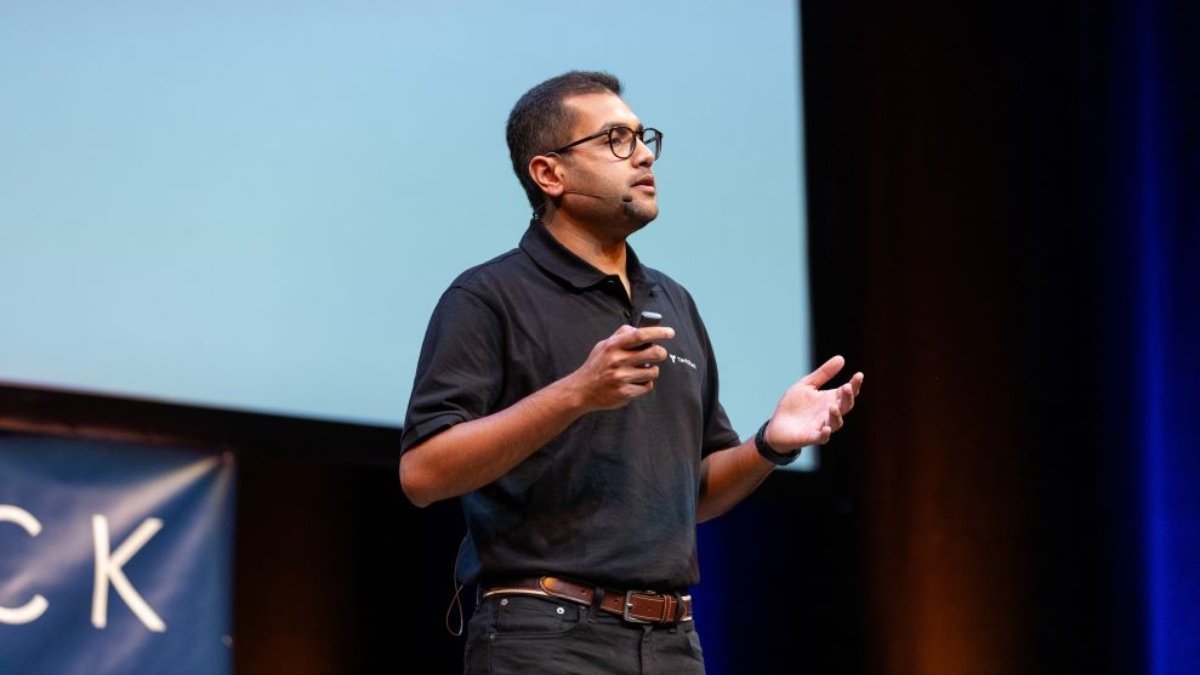
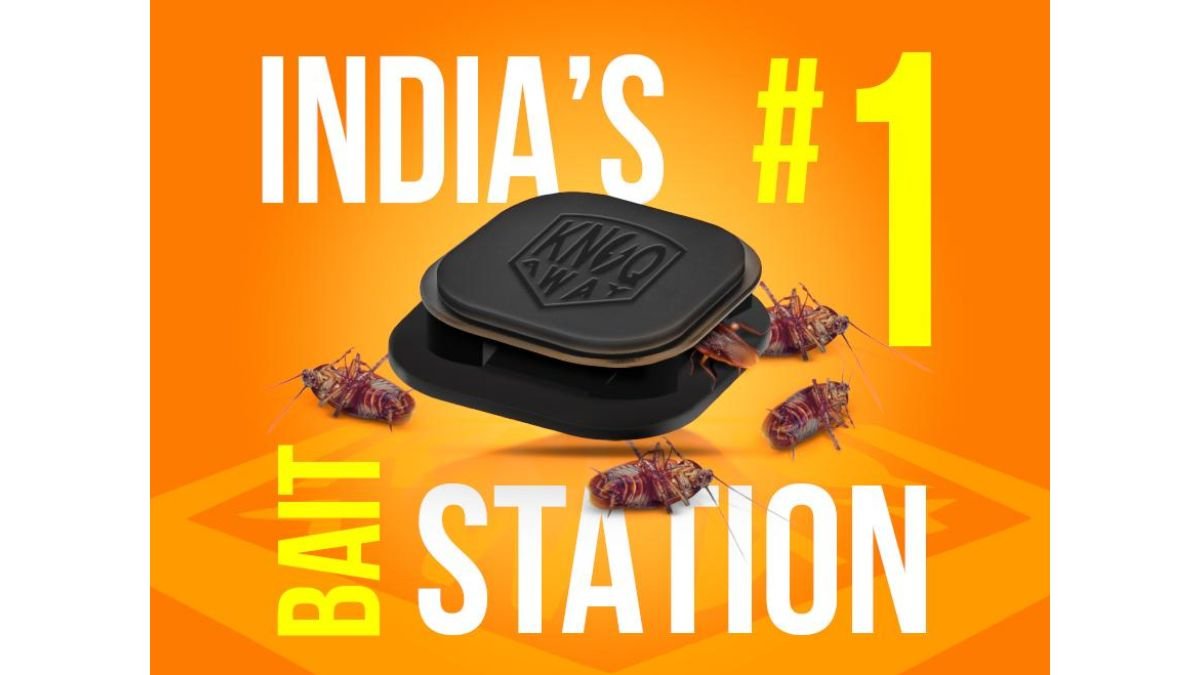









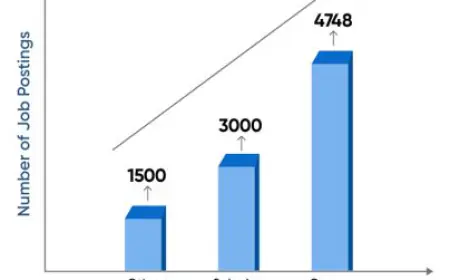
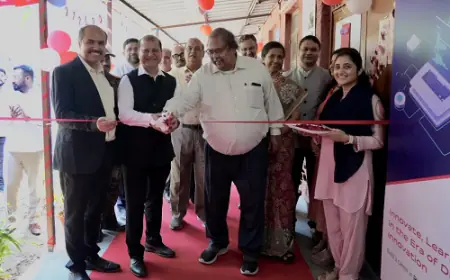



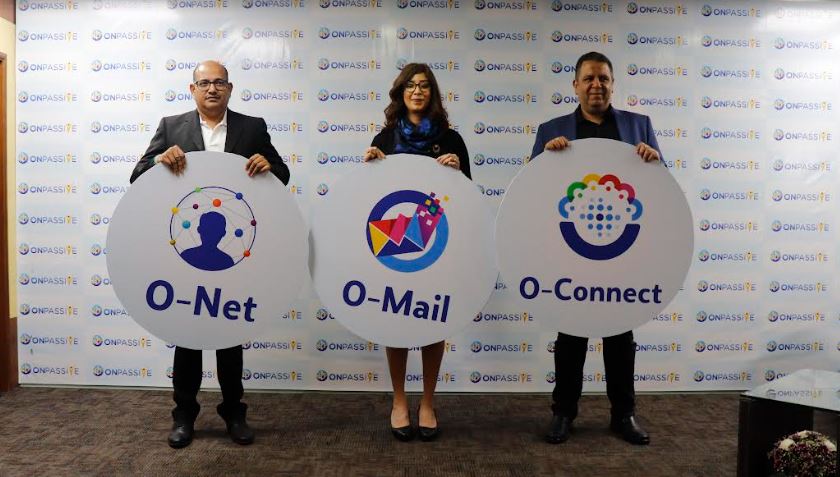




.jpg)








